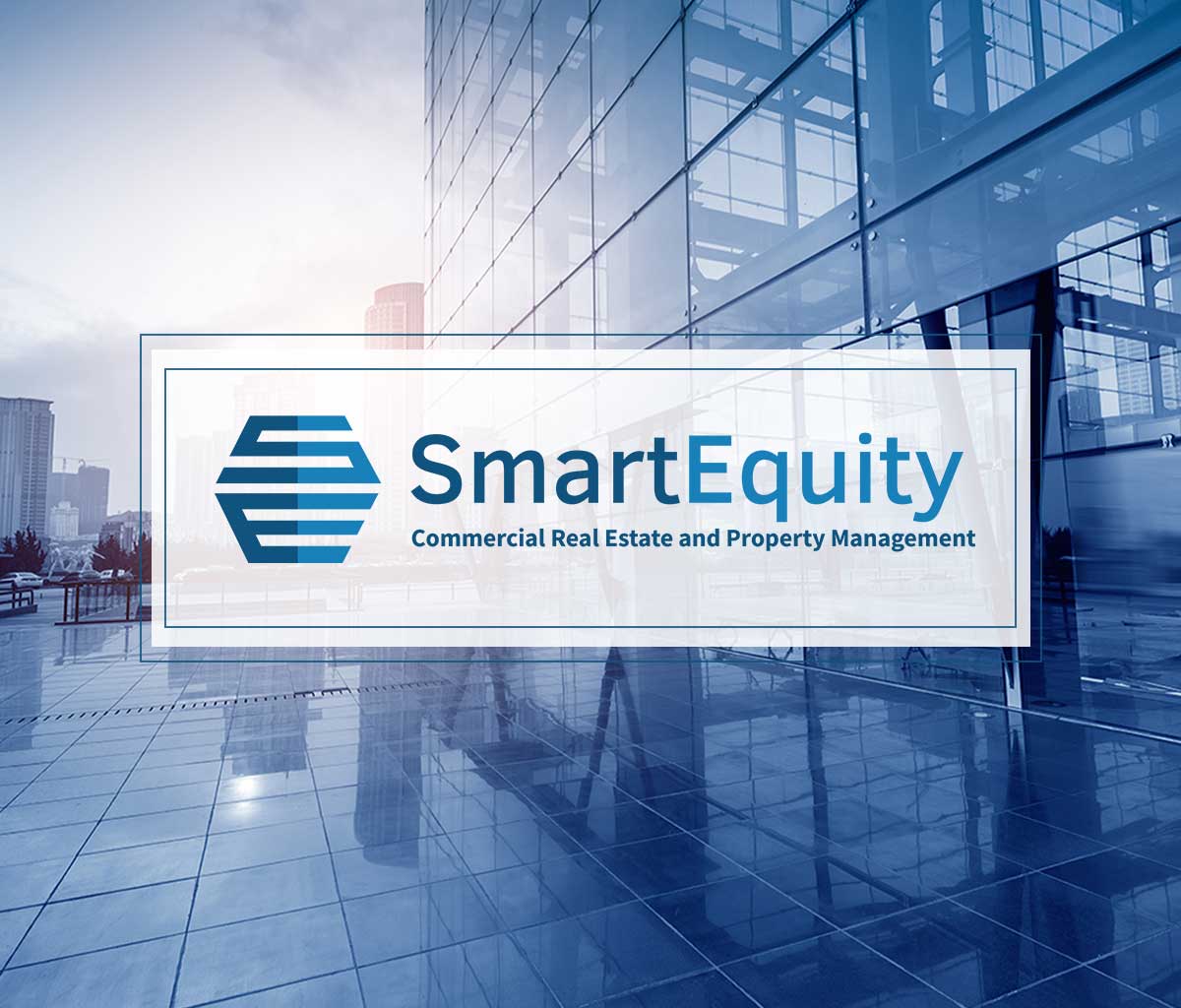Whether or not you are ready to sell a property, estimating its value is a great place to start. Here are some tips for valuing your commercial property.
ESTABLISH A PRICING STRATEGY
Comparable properties
A commercial real estate agent can run a ‘comparable properties report,’ indicating the price similar buildings have sold for, the date of sale, and proximity to your building. This will give you a beneficial impression of how the local market behaves.
Taking a tour of competitive buildings will provide you with hands-on market knowledge for your property. A property tour is the best way to see what your competitors offer regarding lease rates, amenities, and location. After studying your competition first-hand, you’ll better understand how your building measures up.
While sales comparables and property tours can be helpful, investors are more concerned about the ability of a building to generate income. This is useful because a comparable building may have more amenities and lower vacancies but generate less income than your property.
Property valuation
Finding similar commercial properties for true price comparison can be extremely difficult. Mixed-use and large properties can make this task even more difficult, so this is why commercial property is best valued according to the building’s Net Operating Income (NOI).
The capitalization rate of your property can be used as an easy way to compare your assets with others available on the market. The capitalization rate is the rate of return based on the expected income the property will generate (capitalization rate = yearly income / total value).
For example, if you buy a property that will generate $130,000 per year and paid $1,000,000 for it, the capitalization rate is: 130,000/1,000,000 = 13%. Whether 13% is good or bad will depend on comparable cap rates in your area. You are in the lead if most buildings have a 10% cap rate! However, you may have an issue if they’re at 15%.
While the capitalization rate is an easy way to compare your property against others on the market, it should not be the sole factor in your pricing strategy. Other considerations, such as growth or decline of potential income, or an increase in property value, should also be measured.
Give us a call today to learn more!




Leave A Comment